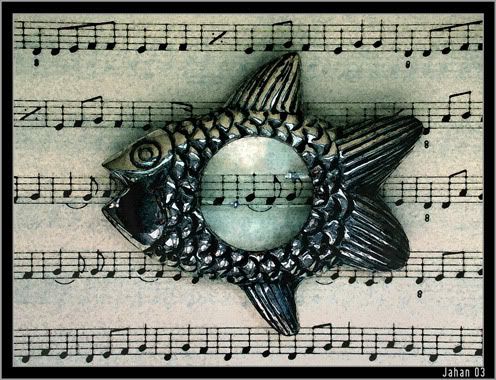
Today I received an email from Trevor at the BDMLR with regards to rescue operations taking place in the UK. It talks about cetaceans suffering due to inexperience and resulting in euthanasia. It reads as follows:
''In light of the serious strandings related pathology found in Northern Bottlenose Whales attended by BDMLR over the last two years, including severe muscle damage and subsequent kidney failure, it has been very apparent that these animals become severely compromised and deteriorate rapidly after stranding and subsequently their prognosis is very poor. After extensive discussions within the Marine Animal Rescue Coalition, agreement was reached that the most appropriate course of action in the vast majority of cases was euthanasia.
The coalition concluded that it would be helpful to give clear and consistent guidelines in order to assist vets who may be on the beach making the final decisions and who may not have extensive experience of cetacean strandings. The following amendment to the large whale triage therefore was agreed for beaked and sperm whales (triage for baleen whales unaltered):
On the basis of available information, the presumption is that stranded beaked and sperm whales will be euthanased. However, this will be judged on a case by case basis because there may be exceptional circumstances[1] where the situation merits a refloat attempt. This policy will be reviewed on a regular basis.
[1] i.e. possibility of a successful refloat close to deep water habitat within a very short period of time (<1>
The coalition concluded that it would be helpful to give clear and consistent guidelines in order to assist vets who may be on the beach making the final decisions and who may not have extensive experience of cetacean strandings. The following amendment to the large whale triage therefore was agreed for beaked and sperm whales (triage for baleen whales unaltered):
On the basis of available information, the presumption is that stranded beaked and sperm whales will be euthanased. However, this will be judged on a case by case basis because there may be exceptional circumstances[1] where the situation merits a refloat attempt. This policy will be reviewed on a regular basis.
[1] i.e. possibility of a successful refloat close to deep water habitat within a very short period of time (<1>
For more information, donating and training courses with BDMLR, please visit:



